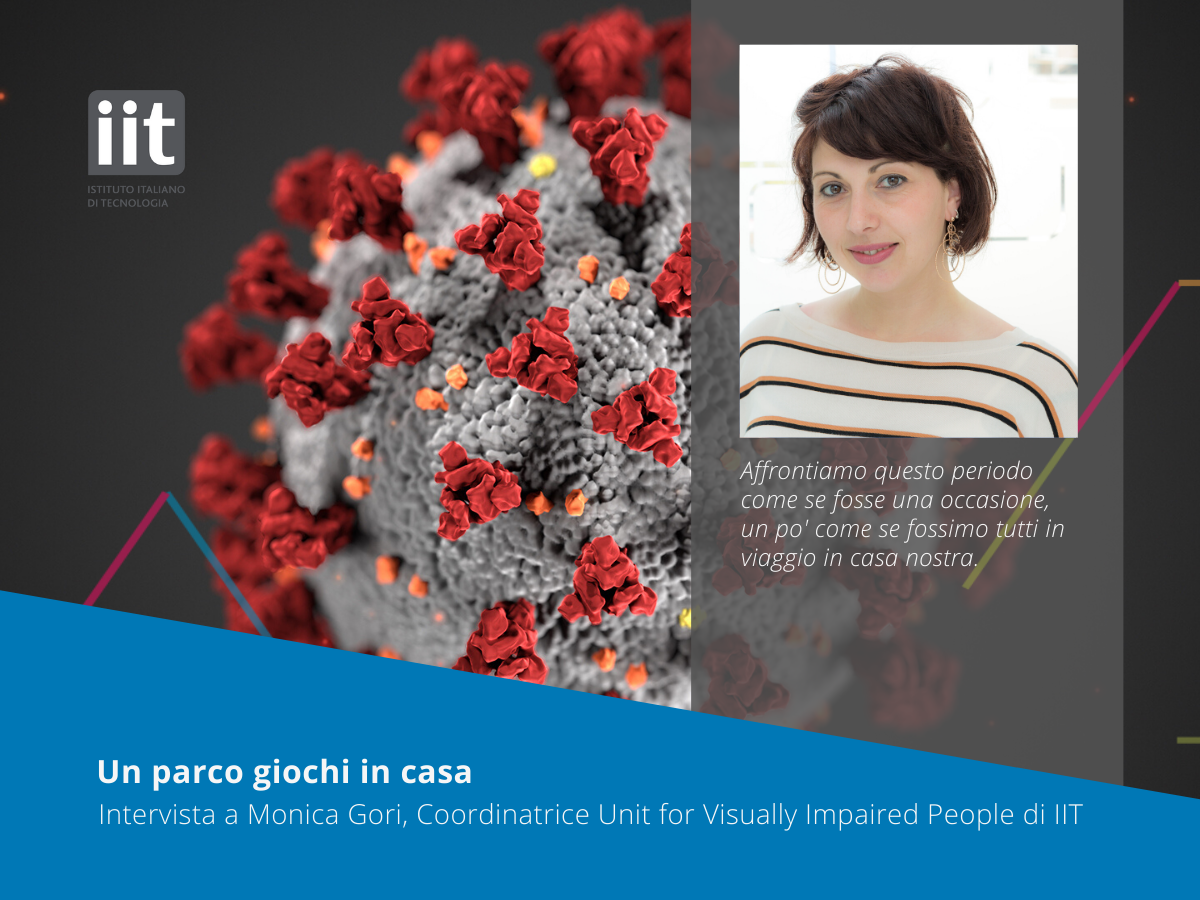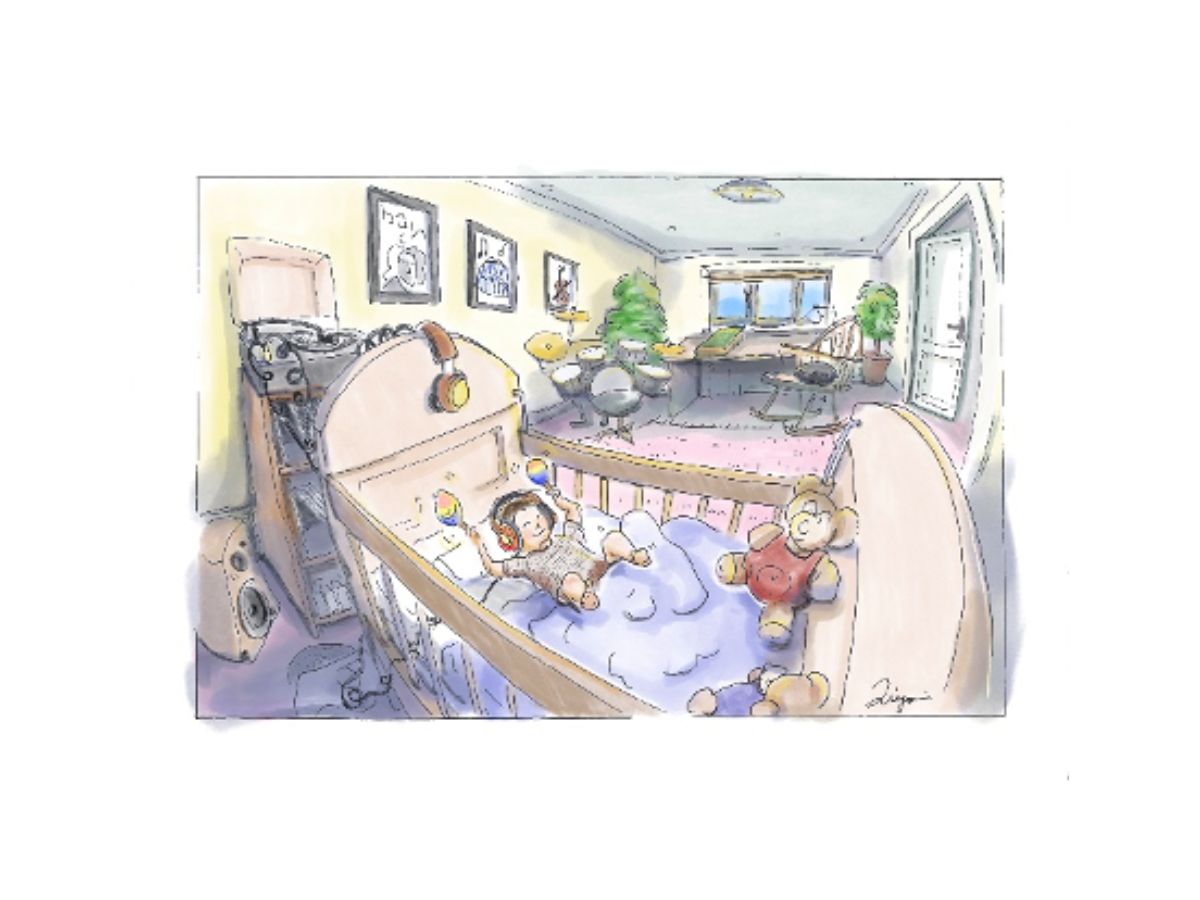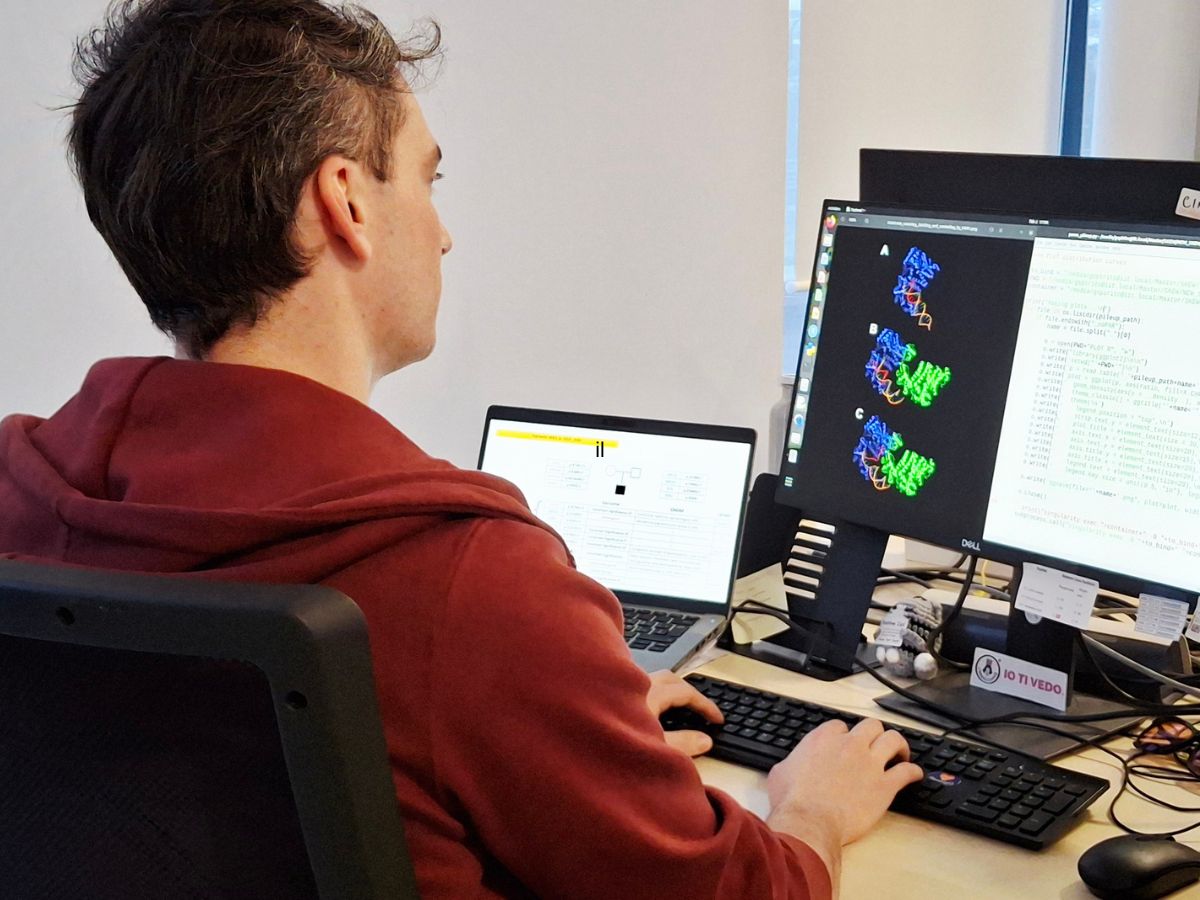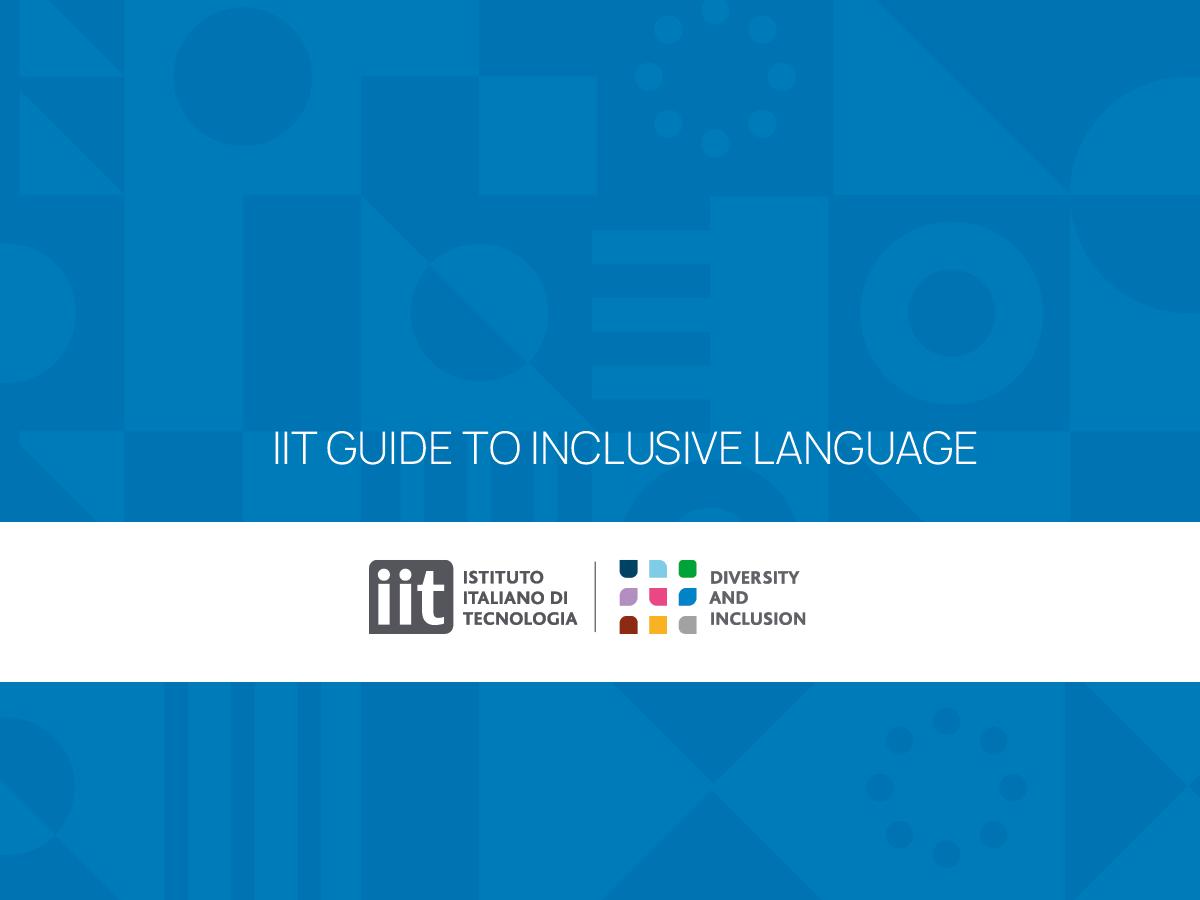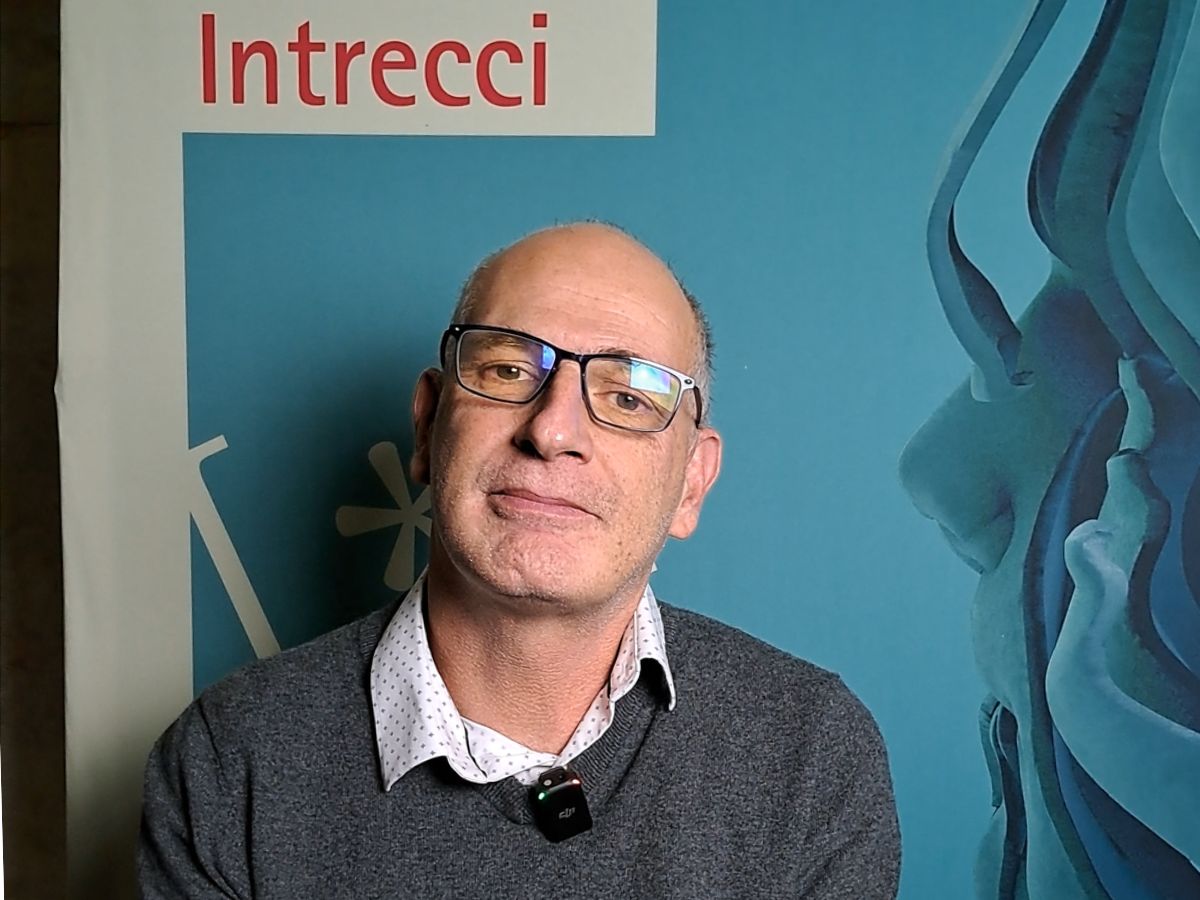Advice from an expert to help children live through the crisis at home as the protagonists and not simply as spectators
The controversy these days on the Circular of the Ministry of the Interior which allowed children and parents to take a walk together (“as regards the movement of individuals, only one parent is permitted to walk with young children since this activity can be linked to outdoor exercise, provided it is close to their home. The same activity can also be carried out in the context of justified commuting due to necessity or health reasons.”), was closed by the Prime Minister Giuseppe Conte yesterday evening in a press conference in which he announced the last Prime Minister’s Decree on the extension of restrictive measures up to 13 April, stating that “We did not authorise walks with children” and, in fact, he cancelled the circular itself.
The debate expressed the difficulties of several families who wish to ensure an overall psycho-physical balance for their children during the Covid-19 crisis.
We heard Monica Gori, Coordinator of the team Unit for Visually Impaired People (U-VIP) of IIT, a multisensory expert who has for years dedicated her research and work to improving the quality of life of children with disabilities.
What are the main difficulties of keeping children at home, for both the children and the parents?
Certainly, one needs to address the needs of older people while strongly considering the needs of the little ones. For example, if parents work it is necessary for them to organise their time with the need for children to do their homework. Therefore, parents are rediscovering how to almost simultaneously split themselves into multiple roles, as workers and teachers. All this must be addressed, at least as far as we are concerned, with wanting children to be carefree in spite of the difficulties.
Is there a way of coping with the need to stay at home to contain the contagion while at the same time safeguarding the overall psycho-physical health of children?
In addition to the absence of friends and classmates and, therefore, social relationships, I believe that children really suffer from being unable to move around and unleash their energy as they did before.
On the one hand, it is important they are able to maintain a daily routine in which there is time for homework, play (if possible, socially with siblings) and a bit of TV without overdoing it. On the other, it is important that a way is found, while staying at home, to make them do physical activities and let them vent their energy.
Can you recommend by different age groups how and which exercises can be done at home between children and parents?
Being a multisensory expert, I can provide a range of instructions on multisensory activities that can be done.
For the youngest children under one year of age, it is important to work on body awareness and the senses. For example, massages and interacting with the child through sound games. It is also important to let them move in large enough spaces to stimulate their locomotive development.
With an older child, you can work on touch, for example, by using Lego bricks to build something together. You can play memory games, such as the classic “Memory”, or attention games with cards (for example, “Dobble”). You can also draw pictures together using the hands, and you can use salt dough to shape things in order to help develop manual dexterity, which is important for the pre-writing stage. You can also spend time together on multisensory experiments and small tasks (such as transferring beans).
On the other hand, the parents of older children can spend time teaching them how to use a device or how to programme using simple programming tools. Social games would be very important, so as to not shut out this component at such a delicate time.
If restriction measures on schools are extended beyond Easter, how do you think the matter of children at home should be addressed? What needs to be planned and scheduled for the coming months to help children away from the strong educational role of teachers?
It would be great if an “official” communication is also made for them. To explain to them that we know just how difficult this period is even for them, and that their help is essential in order to overcome this situation.
Maybe the teachers themselves could to it or, even better, the Prime Minister. This is because they, above all, are those who are suffering in silence more that us adults. I believe that would also be very important to recreate the school environment where this hasn’t already been done, maybe with video classes and organising computerised meetings with friends and playmates. It would be necessary to ensure that everybody can have access to a technological medium to avoid discrimination and to increase support to families who are low-tech.
In these weeks of lock-down, several initiatives were introduced which can help parents with free gym and yoga classes to follow, online workshops and electronic books which can be downloaded for free. As I also said before, I believe that it would be important for parents to overcome the lack of social interaction, perhaps by playing board games with the children. It would be a unique occasion to rediscover parents in a new way.
Children with disabilities are certainly disadvantaged and in need in these weeks where contact is “only digital”. What can be envisaged for them if school does not reopen?
For children with disabilities the crisis is more problematic, and these should receive particular attention. Every day, the parent at home is the parent, worker, teacher and also the therapist. The suspension of rehabilitation services in several cases may undermine previous work. Precisely for this reason, rehabilitation centres and hospitals are very committed to activating online rehabilitation services.
How are you and your IIT team, always there with your research on the assistance and social integration of children, living and coping with the need to continue your studies and experiments with children during this crisis?
We stopped our studies at the moment and we are working remotely to analyse previously-collected data and to write scientific articles. However, I am working with Alberto Inuggi, an IT engineer in my group, to support the telerehabilitation of the hospitals and centres we have collaborated with for years. In the past weeks, we were in close contact with doctors and therapists to better understand their needs and to facilitate this process. The children and centres we collaborate with have always been available to help us in the research and now, we want to be there to help them in this difficult time.
Finally you, Monica, a mother of three and a scientist, how do you live your daily routine in order to balance all your roles?
I’m taking it day by day with the help of my husband (also a researcher and as active as I am in this time of crisis) and a grandmother who, luckily, didn’t manage to go back home to Tuscany, has lived with us for a month and helps and supports us day after day. I can say that despite everything, the children are calm and I think they will always remember these days when we were all at home but had to follow rules that were different to the norm.
To conclude, my advice to parents is that this period will soon end. We adults will return to work like before. In fact, many of us never stopped working. Many children were left “on hold”. We should therefore try not to turn them into observers but as protagonists in the family so as to facilitate the building of new harmonies between siblings and parents. Let’s tackle this period as though it were an opportunity, a bit like all being on holiday in our own home.

